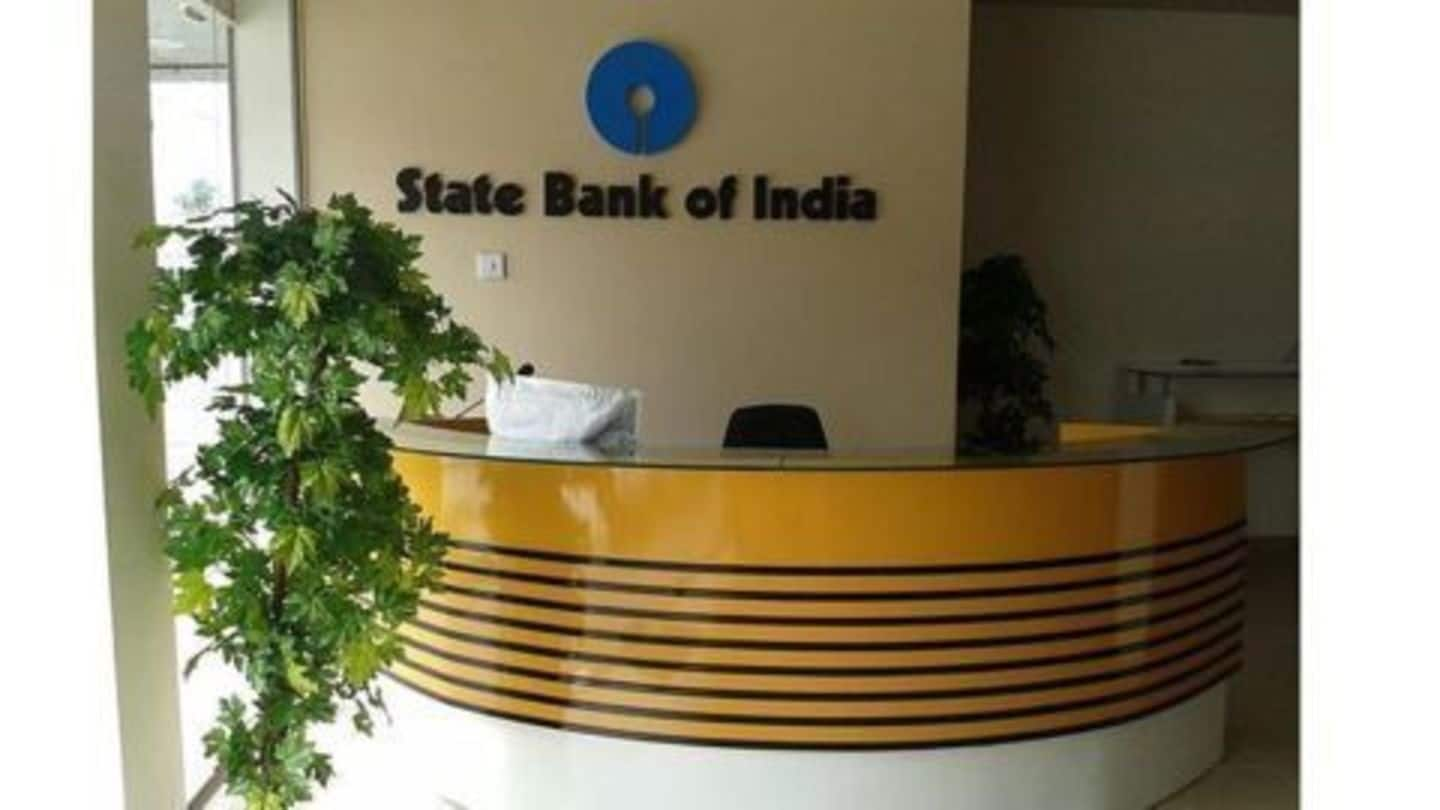
SBI 'writes-off' loans of 63 defaulters
What's the story
State Bank of India (SBI), India's largest public sector bank has 'written-off' more than Rs. 7,000 crore owed by 63 defaulters. Out of a total of 100 wilful defaulters, 63 accounts have been written-off, 31 were partially written-off and remaining 6 were relegated as Non-performing Assets (NPAs). As on June 2016, SBI has written-off bad loans worth Rs. 48,000 crore.
Overview
Banking sector is stressed out
Over last three years, public sector banks have written off Rs 114,000 crore. As on September, gross non-performing assets stands at Rs 6.7 lakh crore; it was Rs 6.5 lakh crore in the prior quarter. Separately, wilful defaulters are chronic cases; according to latest information, there are 8,167 wilful defaulters. They owe banks cumulative dues of Rs 76,685 crore.
Key facts
SBI's Rs 7000 crore loan write-off
Loans of Rs. 7000 crore, most of which was 'wilfully defaulted' have now been moved to Advance Under Collection Account (AUCA). Loan of Rs 1,200 crore advanced to Kingfisher Airlines, and dues in 100s of crores granted to to KS Oil, Surya Pharma, GET Power, Sai Info and many more will no longer show on SBI's balance sheet.
About
Will these loans never be recovered?
SBI's write-off of bad loans to the AUCA are basically undertaken by banks as a NPA reduction strategy. The 'write-off' per se is a technical accounting entry; the fundamental purpose of which is clean-up of the balance sheet as the loan is no longer a 'normal asset.' The loan is now merely a 'bad debt' whose recovery process will continue in parallel until resolved.
Details
What happens after loans are 'written-off'?
Banks resort to writing-off loans when all avenues for recovery and restructuring have been exhausted. The write-off of doubtful and bad assets by banks leads to an improvement in the NPA ratios. Write-offs of NPAs basically allow banks to get tax deductions from the loan value. The loans however continue to remain as assets in the bank's books.
Quote
SBI's Arundhati Bhattacharya's statement
In response to 'write-off' of loans, Bhattacharya said, "It is only accounting entry. That does not change anything. To impute otherwise is to unnecessarily malign the banks. The words "write-off" are technical terms and used in layman's way of understanding these words is completely misleading."